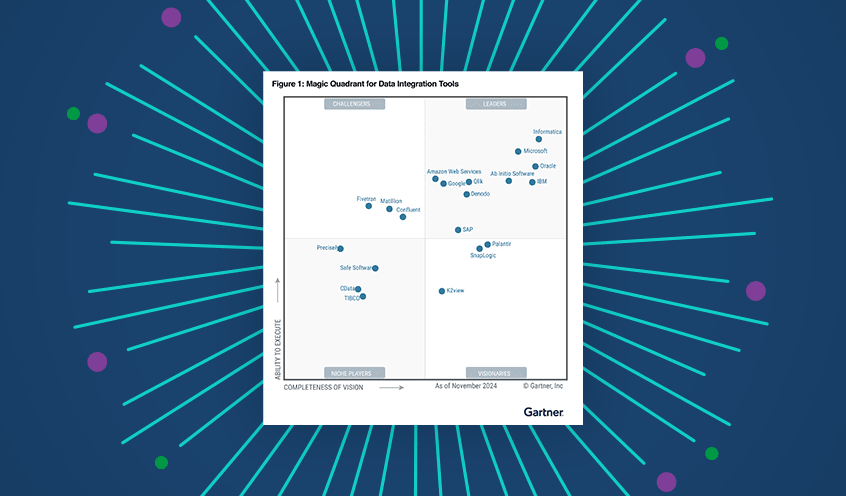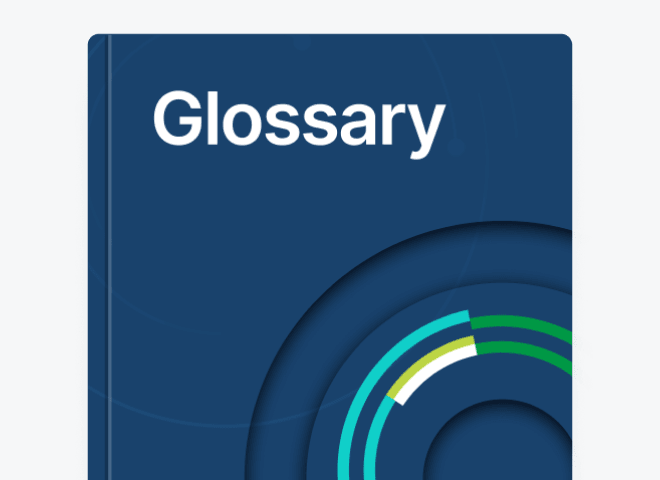Philadelphia – Medair, an international humanitarian organization, together with Qlik are bringing the power of analytics to enable data-driven decisions in the distribution of aid for refugees in Lebanon. Medair uses Qlik’s analytics platform to engage stakeholders, drive decisions on aid programs, and monitor and evaluate projects as well as drive organizational performance.
As part of the partnership, Medair uses Qlik’s analytics platform to create actionable data applications for its internal teams as well as other stakeholders such as the UN Refugee Agency (UNHCR) and international government donors. This partnership comes as part of the Qlik Corporate Responsibility program, which provides software and services to NGOs to transform their organizations through insights, advancing Medair’s ability to positively impact humanitarian issues through data for two key needs: data collation for action, and decision making for aid distribution.
Mapping and Data Collation
Medair is the lead agency for collecting and managing data on informal settlements in Lebanon, and executes three-monthly surveys of all the settlements in the country. These efforts help locate, map and collect basic information about each informal settlement and provide a common language and dataset, helping in the identification and delivery of humanitarian aid to remote, vulnerable communities.
All aid organizations - including the UNHCR, which is responsible for coordinating the humanitarian response for Syrian refugees in Lebanon working in the area - have access to the settlement data and maps. This enables all relevant organizations to use the same identifier code, which helps improve response times and track engagements.
Steffen Horstmeier, Country Director, Medair Lebanon, explained, “The mapping project came about due to the unique circumstance we were facing. There were no addresses available which could track where refugees were living, and the transitory nature of the settlements complicated co-ordination among aid agencies. To ensure communities were being reached, we had to create a point of reference or address for those settling in the middle of nowhere. For that we needed to use geo-technology and analysis, and that’s where we used Qlik.”
Decision Making for Aid Distribution
Previously there was the lack of available data to fully understand the needs of those affected. Once mapping was executed, using insights from the data being collected for aid decisions was a clear next step. With the crisis going into its eighth year, there is a lower urgency from donors to fund supplies, even as the need remains high for shelter, healthcare and sanitation due to evolving circumstances. The reduced donations require aid disbursement to be done carefully and to have a larger impact on the greatest needs.
Medair turns to Qlik’s data analytics platform to generate a fuller picture of financial requirements, humanitarian needs and personnel resources. Through Qlik, Medair collates data on all informal settlements in the Bekaa Valley, Mount Lebanon as well as Beirut, and works through humanitarian partners to gather information on informal settlements throughout the rest of Lebanon. The resulting dashboards provide visibility that enables Medair to create suitable programs to recognize specific needs, address emerging problems, better assess the organization’s progress and identify funding gaps. Using the full capabilities of Qlik’s platform allows Medair to improve the effectiveness of their operations in the Bekaa Valley in terms of increased speed, scale and scope.
Reine Hanna noted how using Qlik has improved response time on the ground. “With the data and analytics we have now, we meet the needs of the refugees much more quickly – what used to take around three weeks, now takes one week, and sometimes even less.”
Impacting Lives
Over the last year, Medair and Qlik have made a significant, positive impact on more than a hundred thousand Syrian refugees’ lives in Lebanon. The use of Qlik has enabled Medair to solve issues, scale resources and have a much wider impact in the region than would have otherwise been possible. Rescue workers can now accurately identify settlements consisting of hundreds of thousands of refugees through data.
The Qlik-Medair project has won the Corporate Engagement Award for Most Innovative Collaboration in 2018 and continues to inspire a new way of working in the aid sector. The partnership has already begun to impact the way aid is being distributed in other projects including those supporting Syrian refugees in Boston.
“Our project shows that we can improve our industry through transformation,” said Reine Hanna. “It provides the potential for us and other aid agencies to increase the speed, scale and scope of humanitarian interventions in the future.”
“Analytics has the power to transform organizations and communities. Since Qlik’s involvement, Medair and other agencies across the country have resolved issues such as pinpointing scattered refugee settlements in Lebanon. Qlik is proud to partner with Medair to both help in mapping and directly addressing the needs on the ground, improving the everyday life of those affected in this crisis,” said Julie Whipple, Global Head of Corporate Responsibility at Qlik.
To download accompanying images for this story, please visit:http://bit.ly/PhotoCredit_Medair.
About Medair
Medair is an international non-governmental organization (NGO) dedicated to delivering humanitarian aid and relieving human suffering in some of the world’s most remote and devastated places. Medair brings relief and recovery to people in crisis, regardless of race, creed or nationality.
About Qlik
Qlik’s vision is a data-literate world, one where everyone can use data to solve their most challenging problems. Only Qlik’s end-to-end data management and analytics platform brings together all of an organization’s data from any source, enabling people at any skill level to use their curiosity to uncover new insights. Companies use Qlik to see more deeply into customer behavior, reinvent business processes, discover new revenue streams, and balance risk and reward. Qlik does business in more than 100 countries and serves over 48,000 customers around the world.
###
© 2019 QlikTech International AB. All rights reserved. All product and company names are trademarks™ or registered® trademarks of their respective holders.
The information provided herein is subject to change without notice. In addition, the development, release and timing of any product or functionality described herein remain at the sole discretion of Qlik and should not be relied upon in making a purchasing decision, nor as a representation, warranty or commitment to deliver specific products or functionality in the future.
Press Room











































